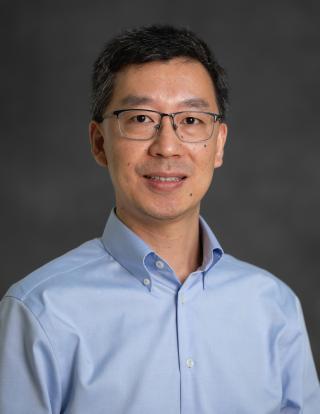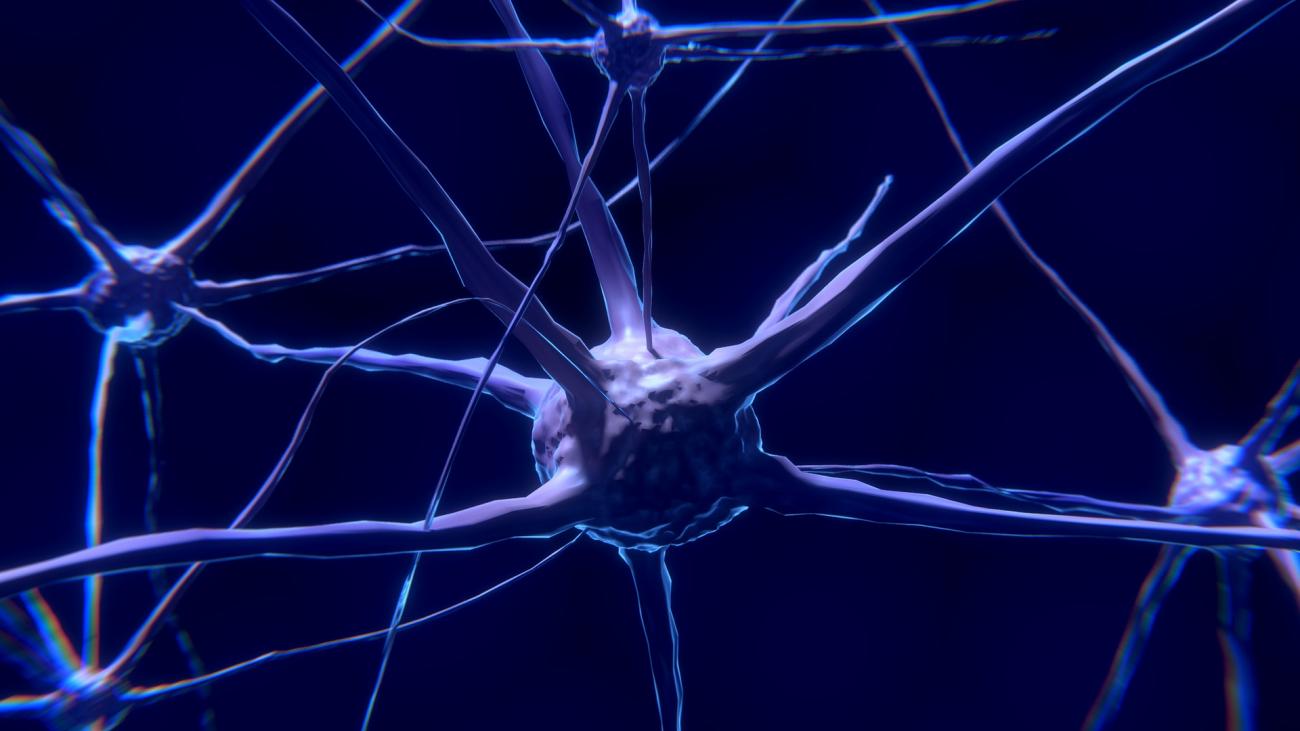Yingshi Ouyang is a Principal Investigator at the Center for Prenatal, Neonatal & Maternal Health Research (CPNMHR) at Children’s Research Institute. Dr. Ouyang is also Research Faculty at the Developing Brain Institute (DBI) at Children’s National Hospital. Dr. Ouyang joined the DBI and the CPNMHR on June 30, 2025. Dr. Ouyang obtained his PhD from the Chinese Academy of Science in Beijing. He completed his postdoctoral training in Genetics at Stanford University, followed by training in Obstetrics at the University of Pittsburgh School of Medicine and Magee-Womens Research Institute in Pittsburgh, Pennsylvania. The Ouyang Laboratory is currently funded by National Institutes of Health R01 award through the Helping to End Addiction Long-term (HEAL) Initiative.
Degrees
-
PhDBiochemistry and Molecular Biology | Institute of Biophysics, Chinese Academy of Sciences, Beijing
The Ouyang Laboratory centers on the biology of the human placenta and the role of placental small extracellular vesicles in the maternal-placental-fetal ecosystem. The placenta is a vital organ shared by the mother and fetus in human pregnancy. The outer layer of the placenta comprises specialized cells known as syncytiotrophoblasts. These multinuclear cells are in direct contact with maternal blood and are critical for placental function, supporting fetal growth and development. Syncytiotrophoblasts are generated by subjacent mononuclear trophoblast stem cell and cytotrophoblast through differentiation and fusion pathways. Disruption of this fundamental process often leads to major obstetrical diseases. Notably, as pregnancy advances, the syncytiotrophoblast layer produces lipid-encapsulated extracellular vesicles including nanosized exosomes. We are interested in three main areas:
- The regulatory mechanisms underlying the transition of mononuclear trophoblast stem cell or cytotrophoblast to multinuclear syncytiotrophoblast
- The impact of prenatal opioid exposure on placental function, as well as fetal neurodevelopment
- The trafficking and function of trophoblastic exosomes in human pregnancy
Current Students
Former Students




